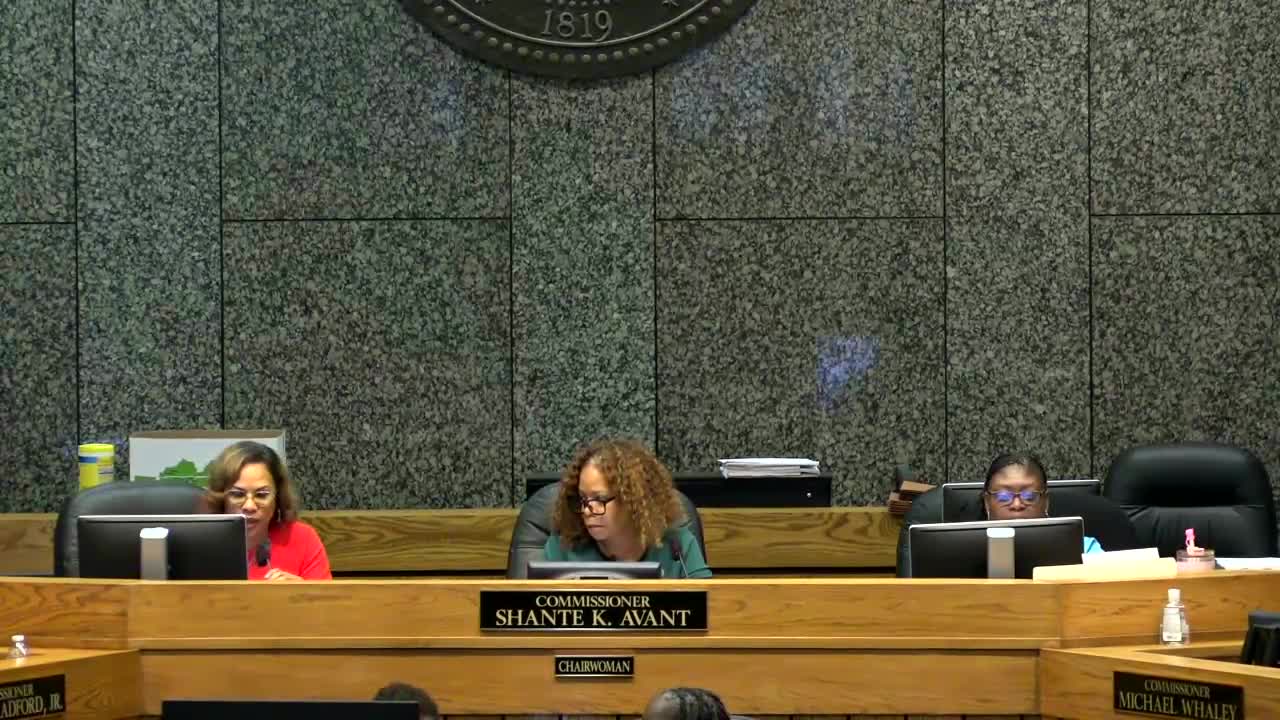Article not found
This article is no longer available. But don't worry—we've gathered other articles that discuss the same topic.
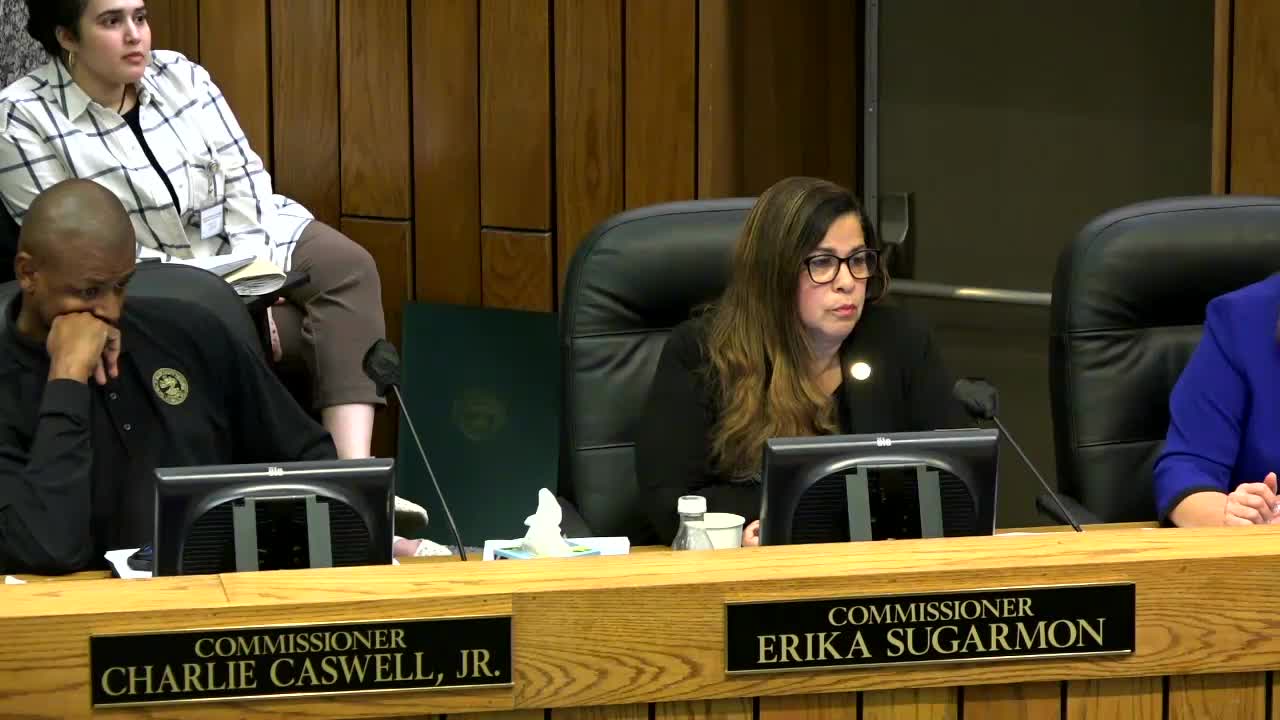
Votes at a glance: key actions from the Shelby County Commission meeting
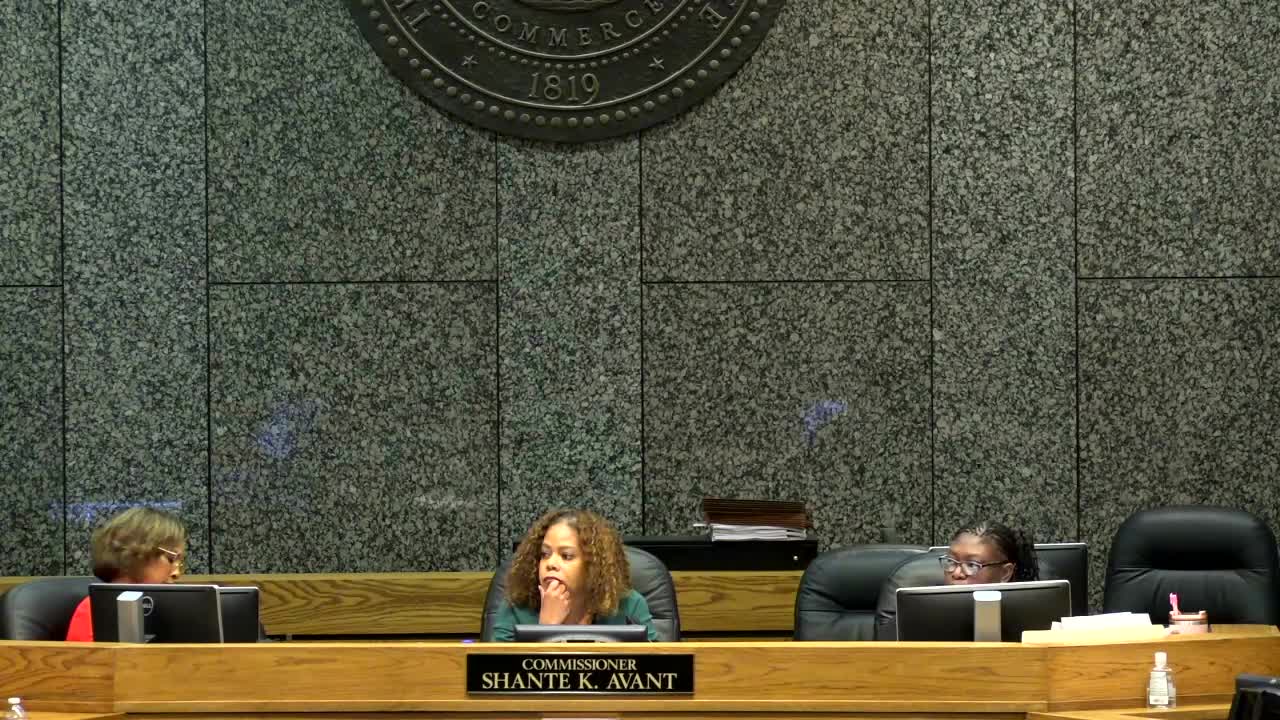
Commission debate over school board alignment stalls; vote deferred to Sept. 22
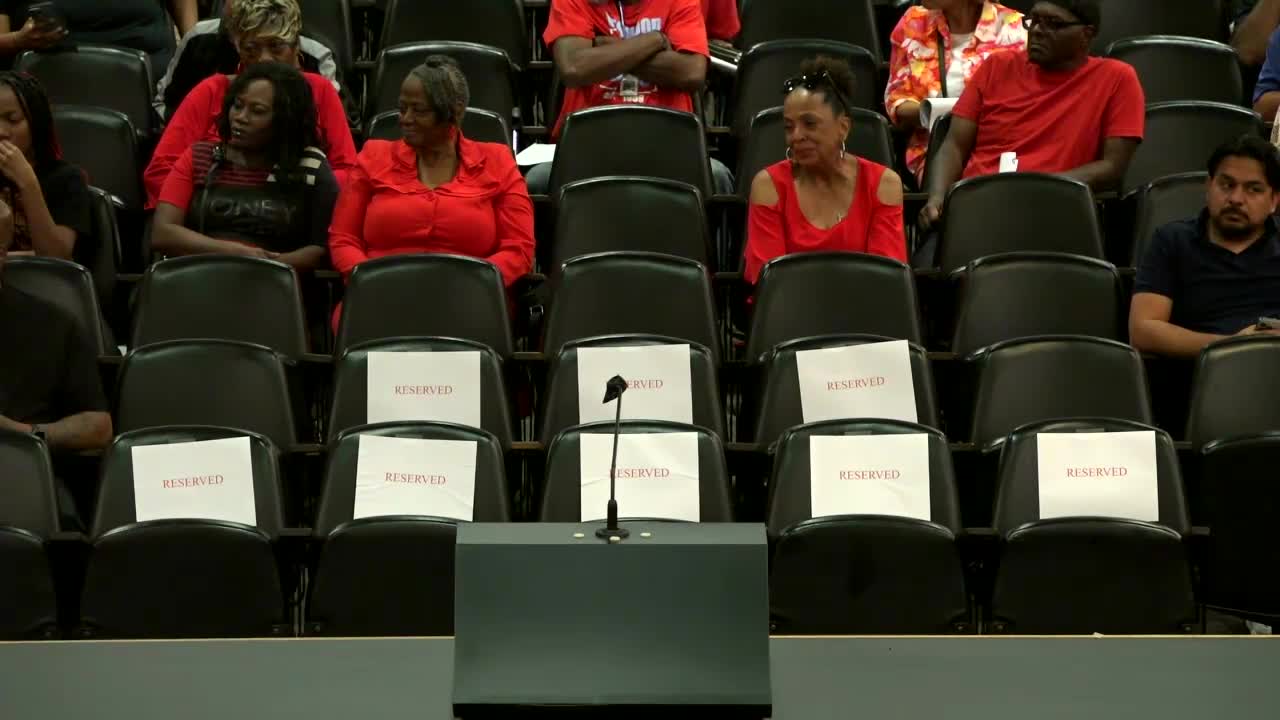
Commission votes to remove New Chicago from consideration for new jail site amid contamination and equity concerns
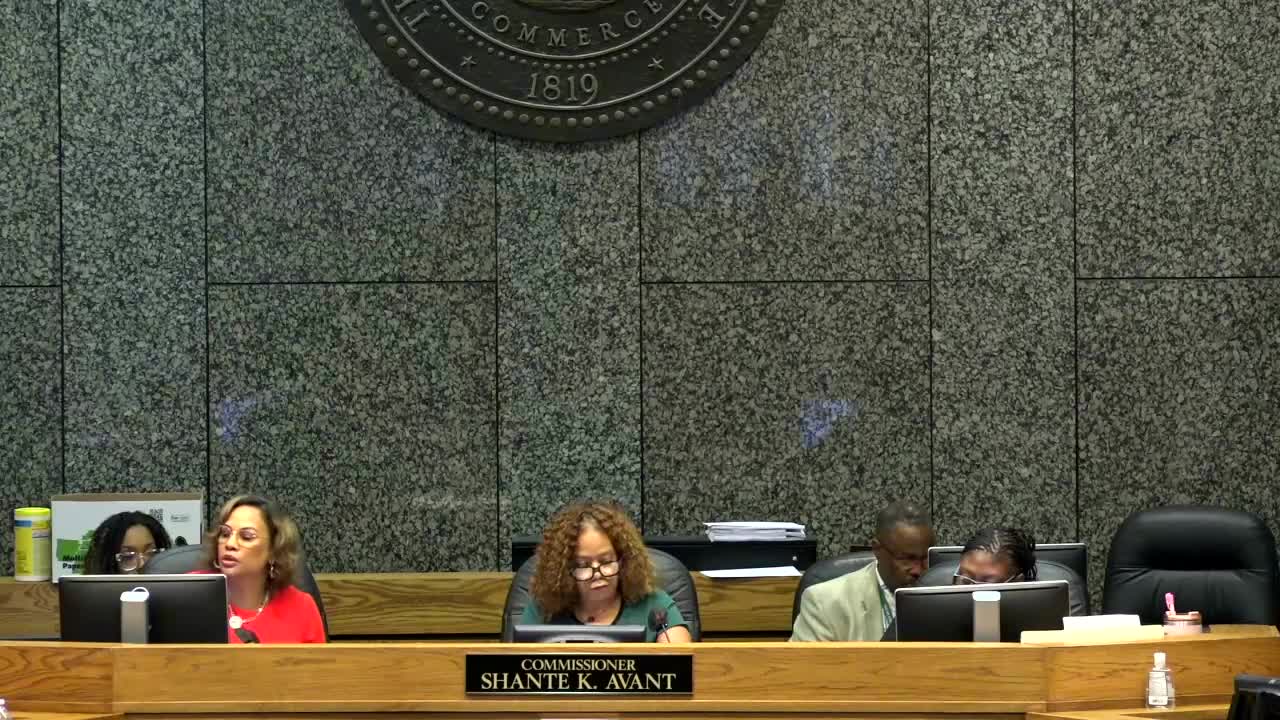
Mayor's nominees for Shelby County Ethics Commission draw public pushback and delay
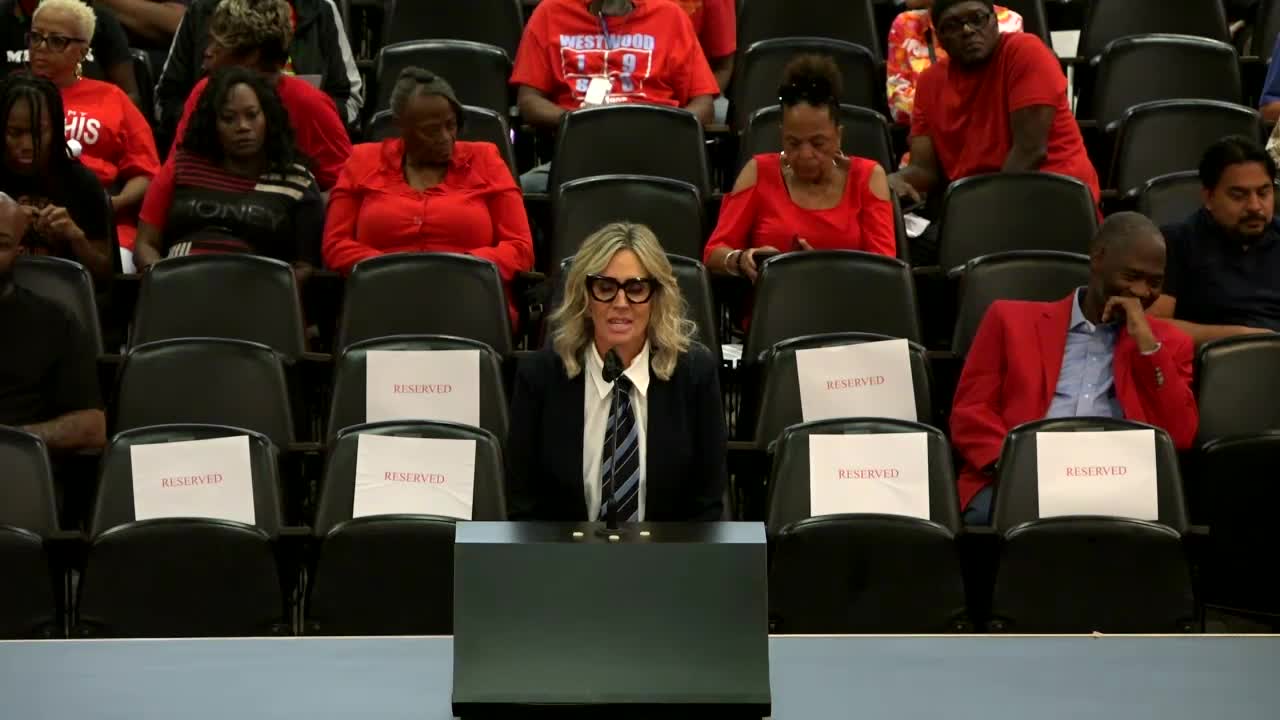
Criminal court clerk asks commission to fund software upgrades to equalize access for private defense attorneys
